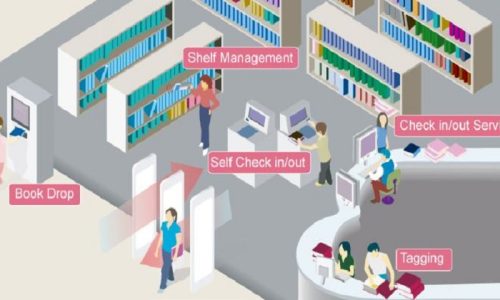
Introduction
In today’s interconnected world, information security has become a top priority for organizations. With cyber threats becoming more sophisticated, the need for skilled professionals to safeguard sensitive data has never been greater. This is where CompTIA Security+ certification comes into play. One crucial aspect of this certification is ethical hacking, which plays a pivotal role in helping security professionals defend against cyber threats. In this blog post, we will explore the significance of ethical hacking in the context of CompTIA Security+ certification.
Understanding Ethical Hacking
Ethical hacking, also known as penetration testing or white-hat hacking, involves authorized individuals using their technical skills to identify vulnerabilities in computer systems, networks, and applications. Unlike malicious hackers, ethical hackers use their knowledge to safeguard systems and protect them from unauthorized access or malicious activities. Their role is to assess security measures, uncover weaknesses, and provide recommendations for enhancing the overall security posture.
Integration of Ethical Hacking in CompTIA Security+
The CompTIA Security+ certification, recognized globally as a benchmark for entry-level cybersecurity knowledge, incorporates ethical hacking as an essential component. By understanding how attackers exploit vulnerabilities, Security+ professionals can better anticipate threats and implement effective security controls. The certification equips candidates with the necessary knowledge and practical skills to conduct security assessments, simulate attacks, and develop robust defense strategies.
Benefits of Ethical Hacking in Security+ Certification
- Comprehensive Security Analysis: Ethical hacking enables Security+ professionals to identify potential vulnerabilities that may otherwise go unnoticed. By adopting the mindset of an attacker, they can assess networks, systems, and applications from multiple angles, ensuring a thorough analysis of potential weaknesses.
- Proactive Defense: Ethical hacking allows security professionals to stay one step ahead of malicious actors. By simulating real-world attacks, they can uncover vulnerabilities and develop countermeasures to protect sensitive information proactively. This proactive approach helps organizations minimize the risk of successful cyber-attacks.
- Effective Risk Management: Identifying vulnerabilities and assessing their potential impact on an organization’s operations is crucial in risk management. Ethical hacking provides Security+ professionals with the tools and techniques to evaluate the severity of vulnerabilities and prioritize remediation efforts accordingly.
- Compliance and Standards: Many industries, such as healthcare, finance, and government, require compliance with specific security standards and regulations. Ethical hacking skills acquired through Security+ certification ensure that professionals can meet these requirements, reducing the risk of legal consequences or reputational damage due to non-compliance.
Ethical Hacking Methodologies and Tools
CompTIA Security+ covers a wide range of ethical hacking methodologies and tools. Candidates learn about reconnaissance techniques, network scanning, vulnerability assessment, and penetration testing methodologies. They gain familiarity with industry-standard tools like Nmap, Wireshark, Metasploit, and Nessus, which are instrumental in identifying vulnerabilities and assessing the security posture of systems and networks.
Continuing Education and Ethical Hacking
Cybersecurity is an ever-evolving field, and staying up to date with the latest trends and threats is essential. Ethical hacking skills acquired through Security+ certification lay the foundation for further specialization and continuous learning. Security+ professionals can pursue advanced certifications, such as Certified Ethical Hacker (CEH) or Offensive Security Certified Professional (OSCP), to deepen their expertise in ethical hacking and penetration testing.
Conclusion
Ethical hacking plays a crucial role in CompTIA Security+ certification by providing security professionals with the knowledge and skills to identify vulnerabilities, simulate attacks, and develop effective defense strategies. By embracing ethical hacking principles, individuals certified in Security+ contribute to a safer digital landscape by protecting organizations from cyber threats
sprintzeal. The integration of ethical hacking within Security+ ensures that professionals are well-equipped to handle the ever-evolving challenges of information security.




